NINH BINH To be granted organic certification for chrysanthemum flowers used to make herbal tea, Riti Cooperative must comply with extremely strict production processes.
Amateur organic farming
Although he graduated from the University of Transport, the young man Hoang Minh Thanh has a strong love for agriculture. That love blossomed from a young age and grew over the years as he learned knowledge and inspiration for agriculture from his mother (an agricultural engineer). With that passion, Thanh made a decision that surprised everyone: leaving the city to return to the countryside to do farming.
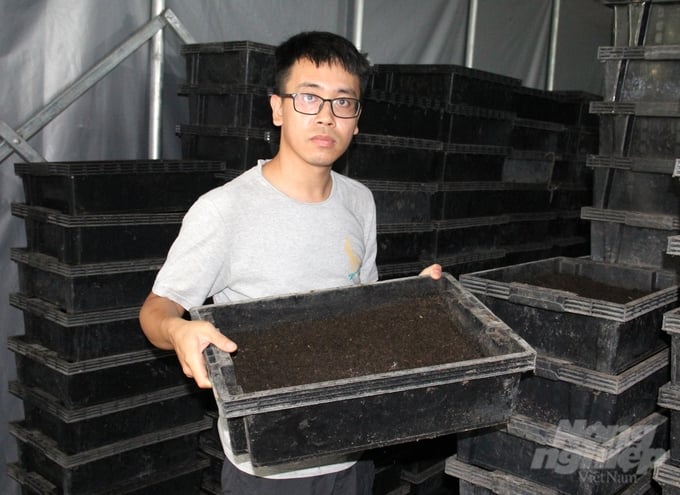
According to Mr. Hoang Minh Thanh, Director of Riti Cooperative, if one is not persistent, it will be difficult to produce organic agriculture. Photo: Trung Quan.
Realizing that herbal teas are increasingly popular with consumers, Thanh cherished the idea of creating his own brand. In 2020, after a period of preparation and testing, Riti Cooperative, of which Thanh is the Director, specializing in the production of organic chrysanthemums, was established.
To create quality products and ensure compliance with the requirements of organic certification organizations, the cooperative has moved the growing area in Ninh Tien commune (Ninh Binh city) to Bai village, Son Lai commune (Nho Quan district, Ninh Binh) to avoid negative impacts from the surrounding non-organic areas.
Setting foot on the new land, the cooperative tightened management at all stages, built standard fences, dug a canal system to isolate it from the surrounding area. The cultivated area was also expanded to nearly 2.5 hectares.
Mr. Thanh shared that switching to agriculture, he immediately started organic production - a fairly new type, requiring a lot of knowledge, precision, and patience, so the challenge was not small. Besides, this form of production costs a lot, so it pushes up the selling price of the product, making it difficult to compete in the market, while the cooperative's brand is still quite unfamiliar to many people.
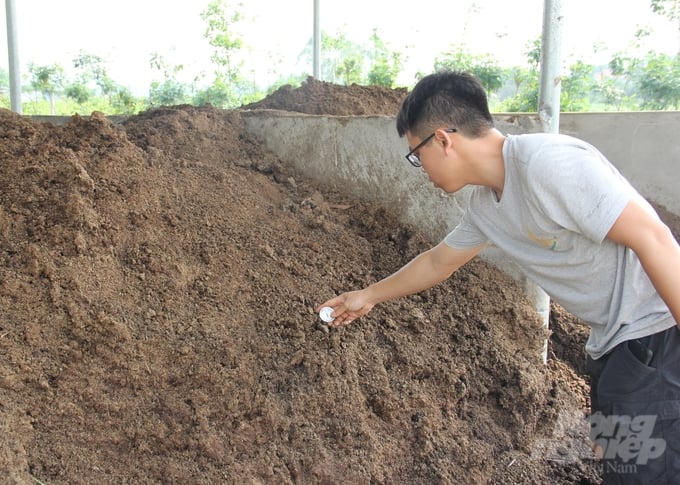
To ensure quality, Riti Cooperative built a separate fertilizer production area to compost cow manure using the aerobic method. Photo: Trung Quan.
Undeterred, the cooperative members persistently introduced the cultivation process, ready to welcome customers to visit the production area if needed. Thanks to that, the cooperative's raw and processed chrysanthemum products are increasingly attracting consumers' attention and orders.
Getting organic certification is hard, keeping it is even harder
Providing quality products to the domestic market has not satisfied a young, energetic, and ambitious person like Thanh. Riti branded organic chrysanthemum tea products must be on the shelves in foreign markets.
That thought quickly turned into action when the cooperative devoted all its resources and efforts to maintain the organic standard certification that had been granted and strive to achieve international organic certification. This was not easy when the requirements were extremely strict. Organic certification must be re-evaluated after 2 years, otherwise it will be revoked. Therefore, every stage of production is very strictly managed.
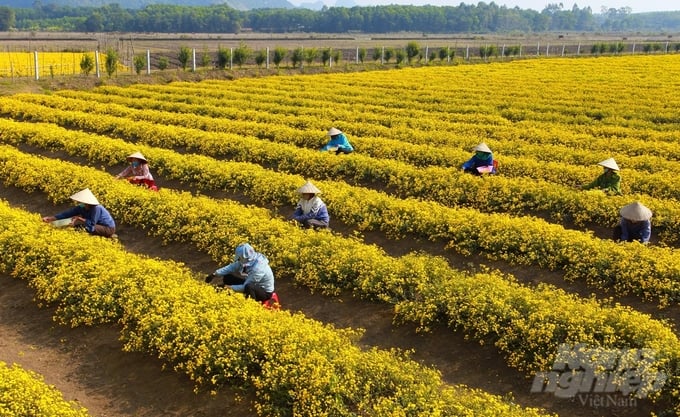
Strictly managing all stages according to organic standards helps Riti Cooperative raise the level of herbal tea in Ninh Binh. Photo: Cooperative.
Regarding seedlings, if the cooperative cannot maintain varieties produced in the organic certified area, it can only use varieties purchased from units with equivalent organic certification. In case it cannot, it must buy varieties from non-organic areas, which cannot be used directly but must be transferred to the cooperative's buffer growing area, and after 1 year, it can be transferred to the organic growing area.
Regarding fertilizers, absolutely do not use chemical inputs. Even organic microbial fertilizers licensed according to standards that do not comply with organic farming standards 11041-2:2017 cannot be used in the cooperative's farming area.
To overcome this, the cooperative built a separate fertilizer production area to compost cow manure using the aerobic method (compost). After 40 - 45 days, the compost will decompose and turn coffee color, part of which will be used to improve the soil, part of which will be used to raise earthworms. The mixing of composted manure and earthworm manure for crops helps the cooperative make the most of the high temperature (30 - 80 degrees Celsius in compost) and low temperature (earthworm manure 10 - 30 degrees Celsius) microorganisms to manage pathogens in the soil, minimizing pests and the use of pesticides. In areas lacking phosphorus or low pH, Ninh Binh fused phosphate fertilizer is used instead of single fertilizer to overcome this problem (Ninh Binh fused phosphate fertilizer is allowed to be used for organic growing areas).
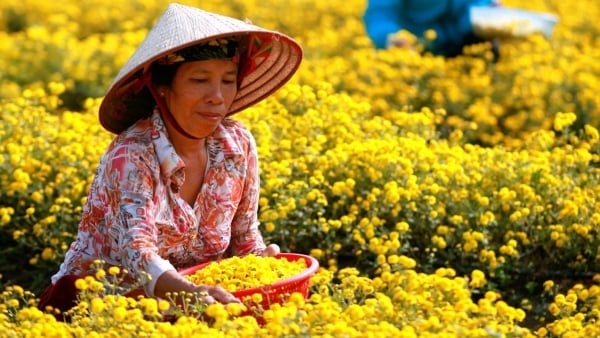
Harvesting chrysanthemums at Riti Cooperative. Photo: Trung Quan.
Regarding pest management, the cooperative follows the principle of "occupying space", using beneficial fungi and bacteria to inhibit harmful ones. For mealybugs and aphids, the cooperative will rely on natural ladybugs to control them. For thrips hiding in flowers, cold drying and fanning will be used to eliminate them. Root rot caused by bacteria uses antagonistic fungi to control them. The cooperative multiplies the microorganisms in vermicompost to the maximum number (feeding them with molasses and aeration with oxygen) and then pushes them through drip irrigation pipes to the fields, soaking them into the soil to inhibit bacteria.
Regarding water resources, the cooperative dug a system of ponds to contain and supply water inside the surrounding canal to avoid risks caused by pesticide residues discharged into the water source by surrounding households.
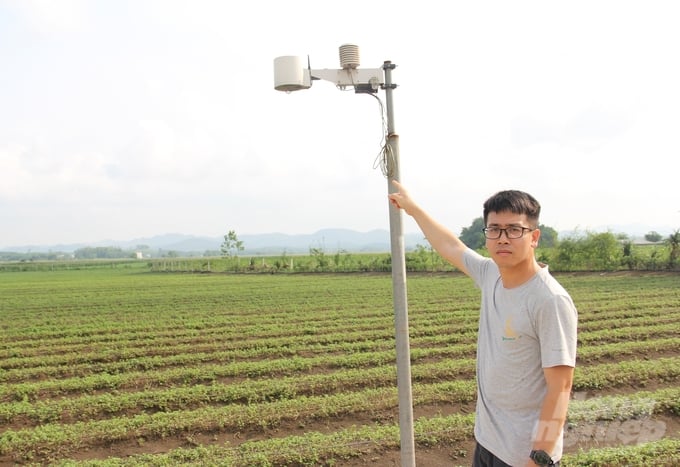
According to Mr. Thanh, obtaining organic certification is difficult, maintaining certification is even more difficult. Photo: Trung Quan.
According to Mr. Thanh, obtaining organic certification is difficult, but maintaining the certification is even more difficult. Therefore, without determination and perseverance, it will be difficult to do so. Currently, although it has been granted Vietnam organic certification, the cooperative continues to take samples for analysis according to USDA, JAS standards... with more than 1,000 active ingredients to achieve these certifications to qualify to bring products to demanding markets.
“Achieving organic certification is not about chasing achievements or polishing the name because these certifications are very difficult to achieve and cost a lot of money. However, the cooperative still implements it because it wants to restore the medicinal tea line at a higher quality. At the same time, it affirms that Ninh Binh in particular and Vietnam in general are completely capable of creating products with world-class quality,” Mr. Thanh confided.
Source: https://nongsanviet.nongnghiep.vn/kham-pha-trang-trai-trong-hoa-cuc-chi-huu-co-voi-quy-trinh-cuc-nghiem-ngat-d386755.html



![[Photo] Feast your eyes on images of parades and marching groups seen from above](https://vstatic.vietnam.vn/vietnam/resource/IMAGE/2025/4/30/3525302266124e69819126aa93c41092)


![[Photo] Fireworks light up the sky of Ho Chi Minh City 50 years after Liberation Day](https://vstatic.vietnam.vn/vietnam/resource/IMAGE/2025/4/30/8efd6e5cb4e147b4897305b65eb00c6f)







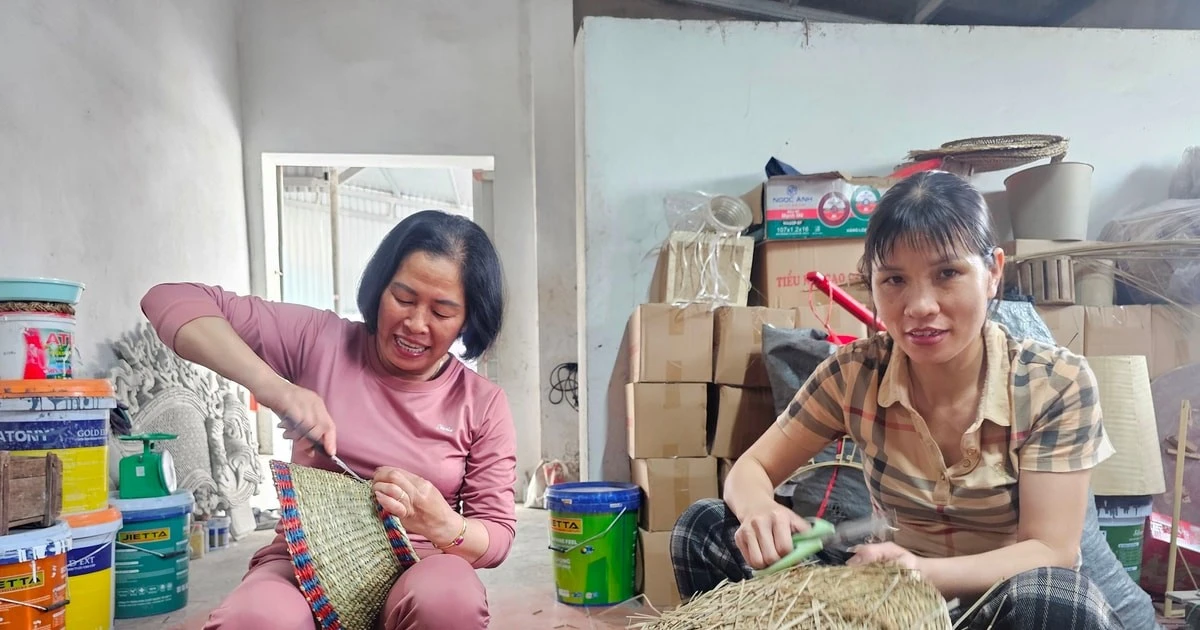



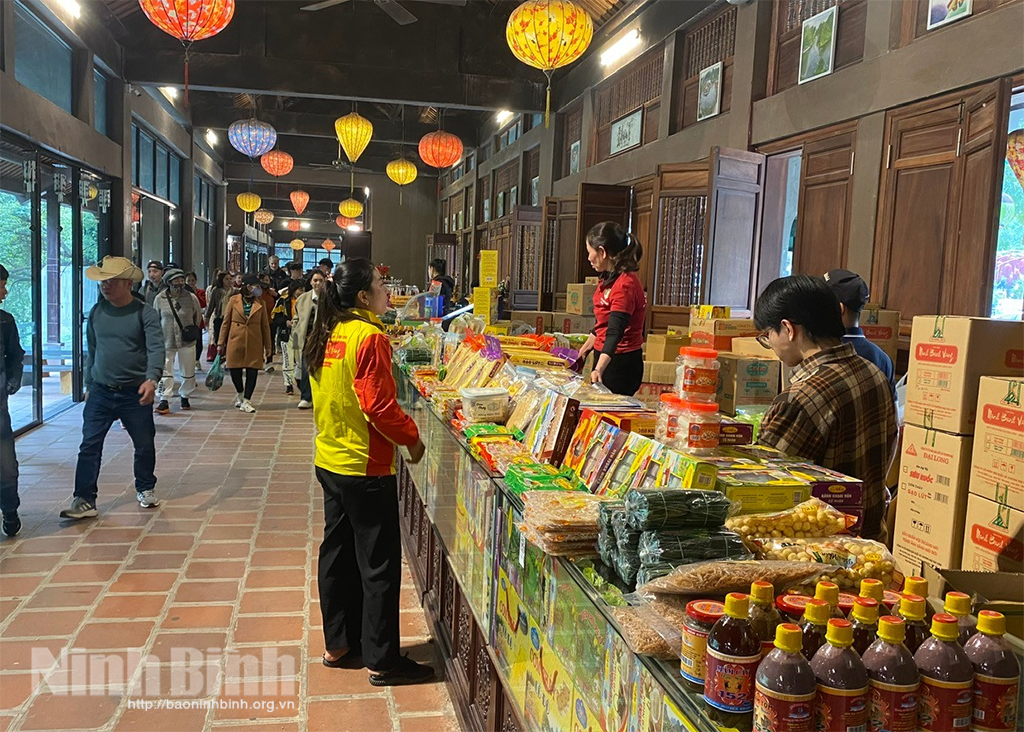










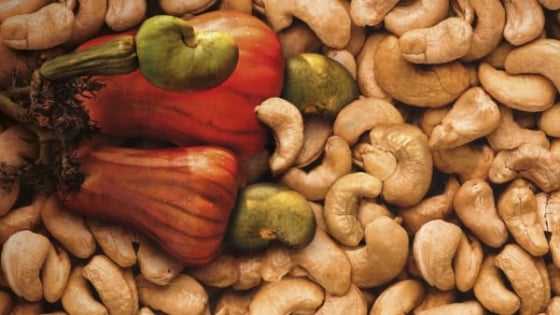

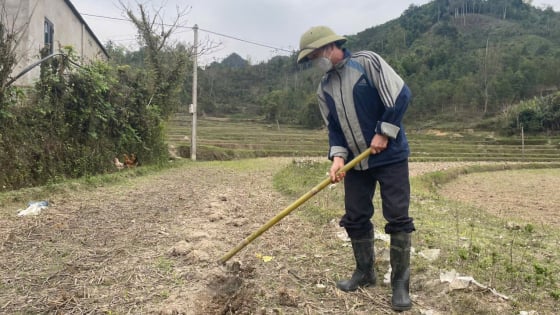


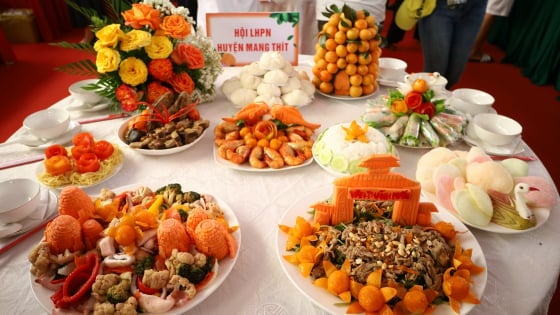









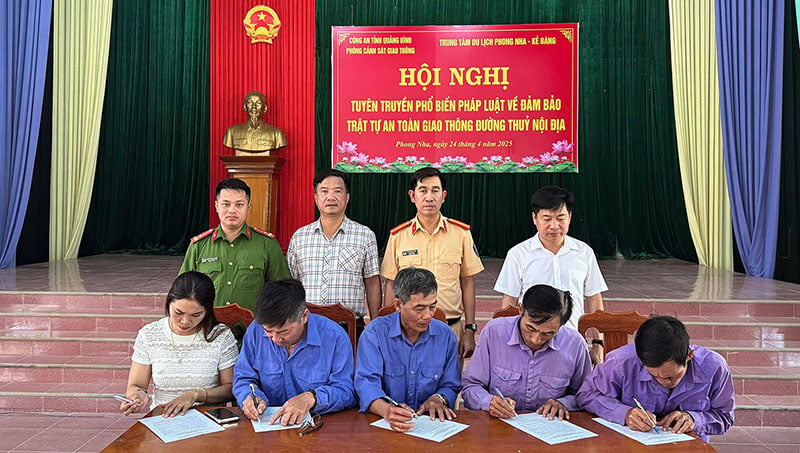

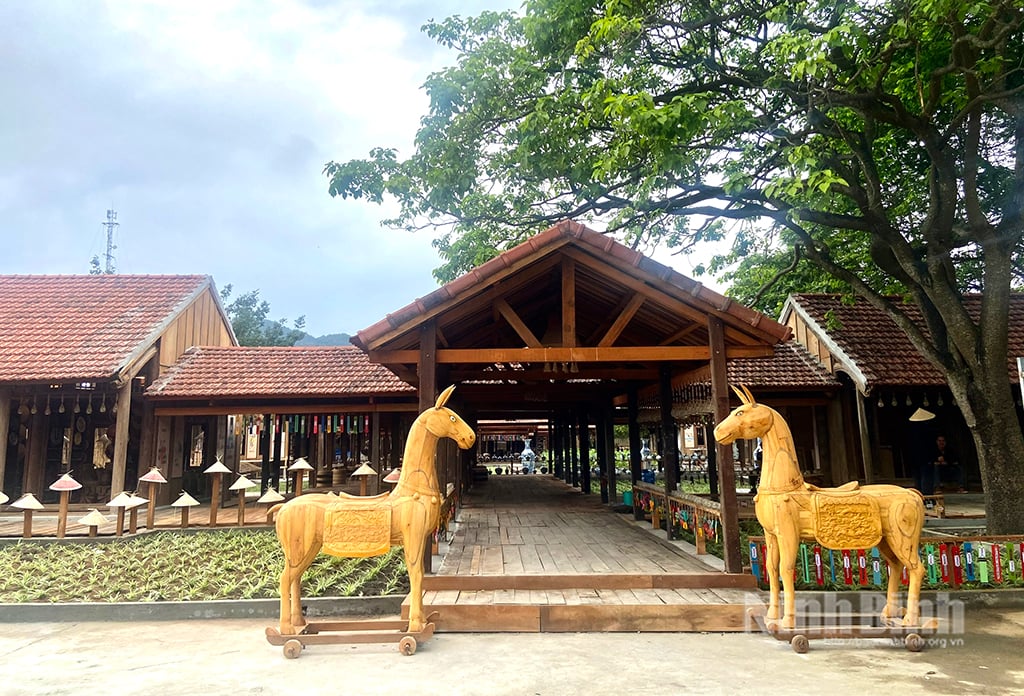



















































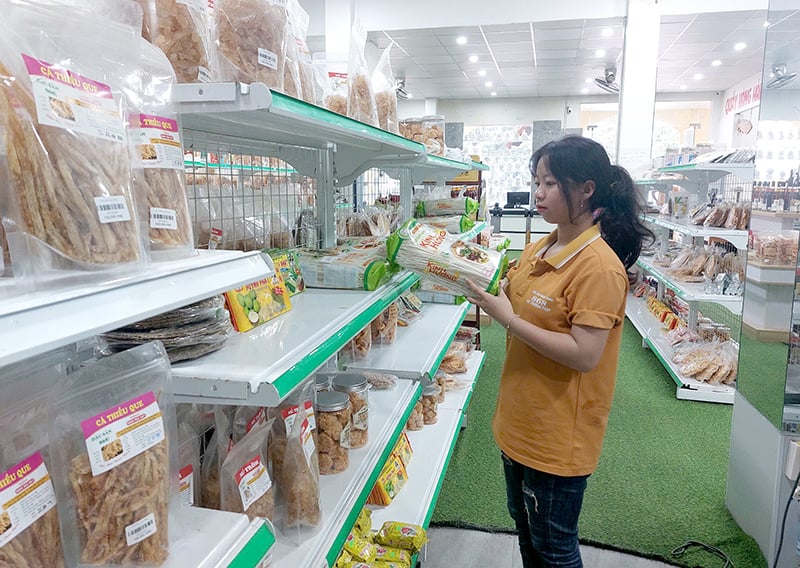
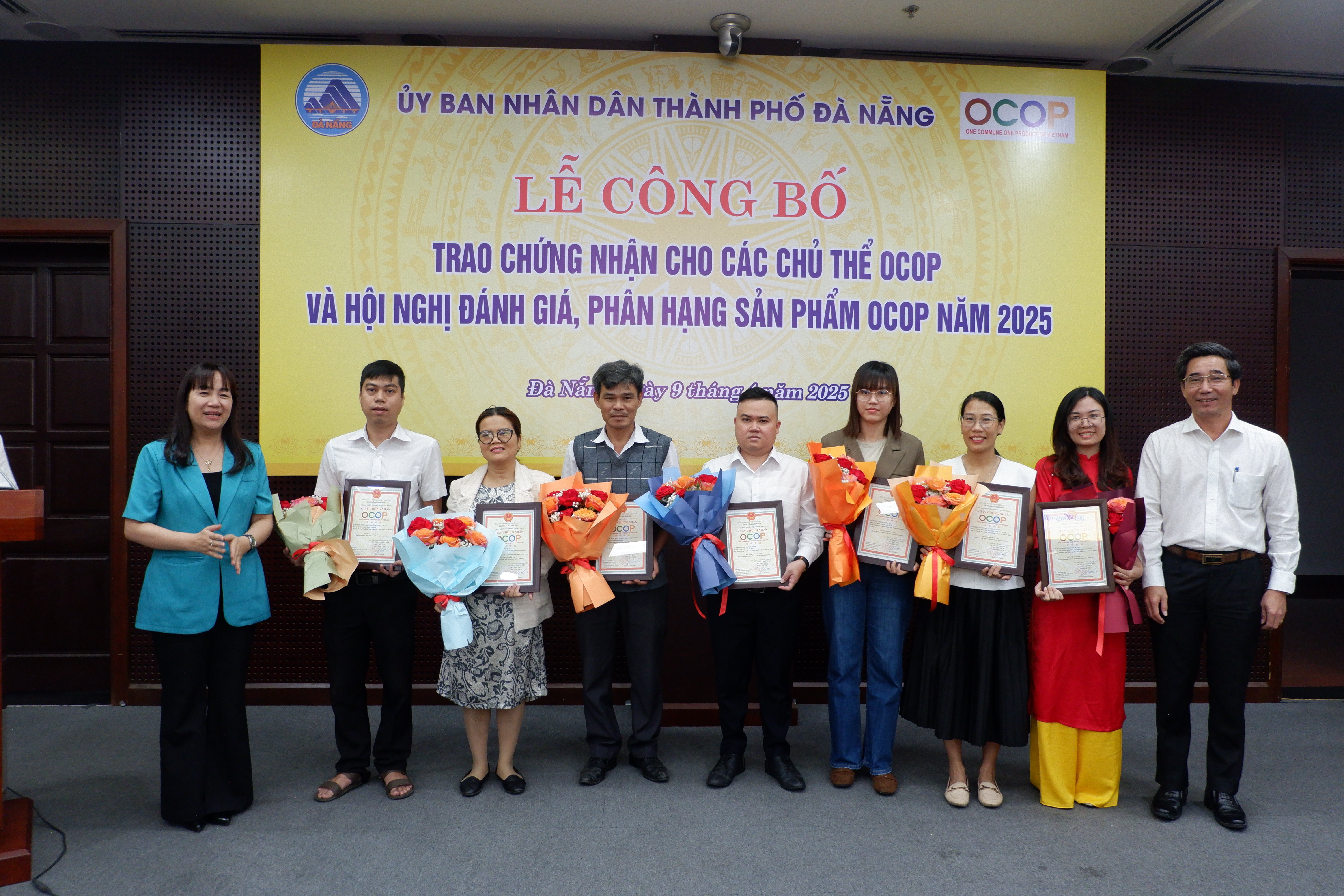

Comment (0)